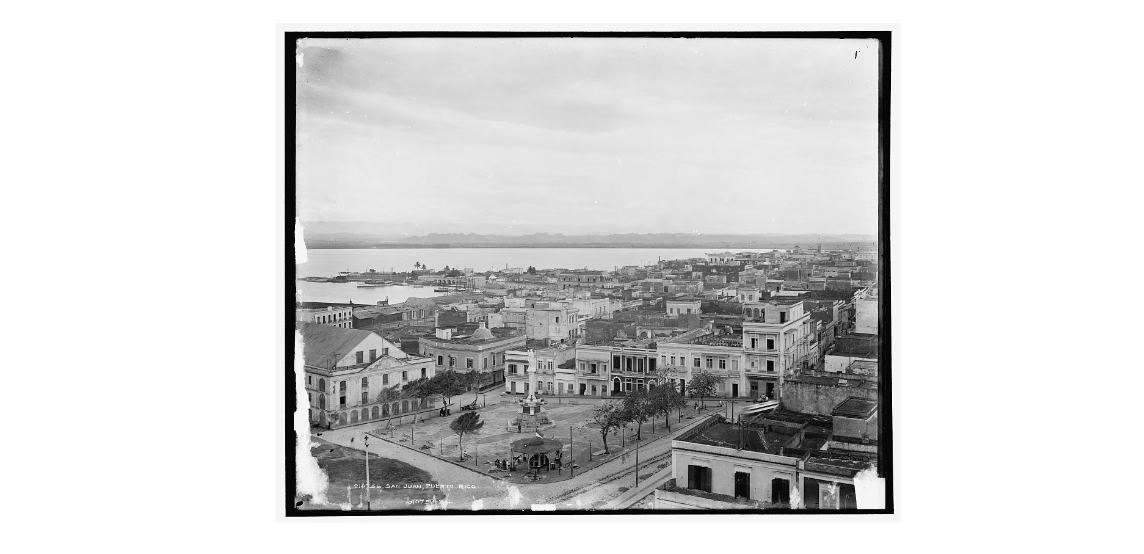recent writing
-

Nobody
“I read the furrow of the doctor’s brow,” Rachel Mennies writes, “as she dug inside for evidence of you.” A sequence of disjointed sonnets about thwarted fertility, Mennies’s poem, “Nobody,” speaks to an unborn child who’s still a “round void / on the ovulation strip, absent / enough estrogen to smile.” The result is rich with heartache and beauty.
-

An Old Man, A Handgun
“Nature isn’t playing tricks. Heaven isn’t playing favorites. Everything, every being, is abiding by the rules.” But being rule-abiding is no guarantee of a peaceful coexistence. In Jarupat Petchawaret’s story “An Old Man, A Handgun,” translated by Peera Songkünnatham, a village attempts to deal with a new influx of king cobras.
-

Listening to “Twin Peaks Theme” while Thumbing a Smooth Stone Nine Months after Angelo Badalamenti’s Death
Television, divorce, photography, a river: these elements in Dan Albergotti’s deft, elegiac poem lead us, over the course of his free verse tercets, toward a place “where machines sharpen themselves / through the night.”
from the archive
-

An Arsenal of Sand
“Anger in our family was like the water: it had to go somewhere. Rise up, sink down, or burst everywhere at once.” An excerpt from Angela Palm’s Riverine: A Memoir from Anywhere but Here.
-

Amy Jorgensen: an Interview
Amy Jorgensen talks with Debra Klomp Ching about Something Old, Something New, Something Borrowed, Something Blue.
-

The Cats of Old San Juan
“The cats are here because of the rats. / The rats are here because of the Americans. / The Americans were here because of the Spanish. / The Spanish were here because fuck the Spanish.” Combining the force of logic with bitter irony and sharp humor, a new poem from David M. de León tracks the confusions of Puerto Rico’s colonial past and present.
